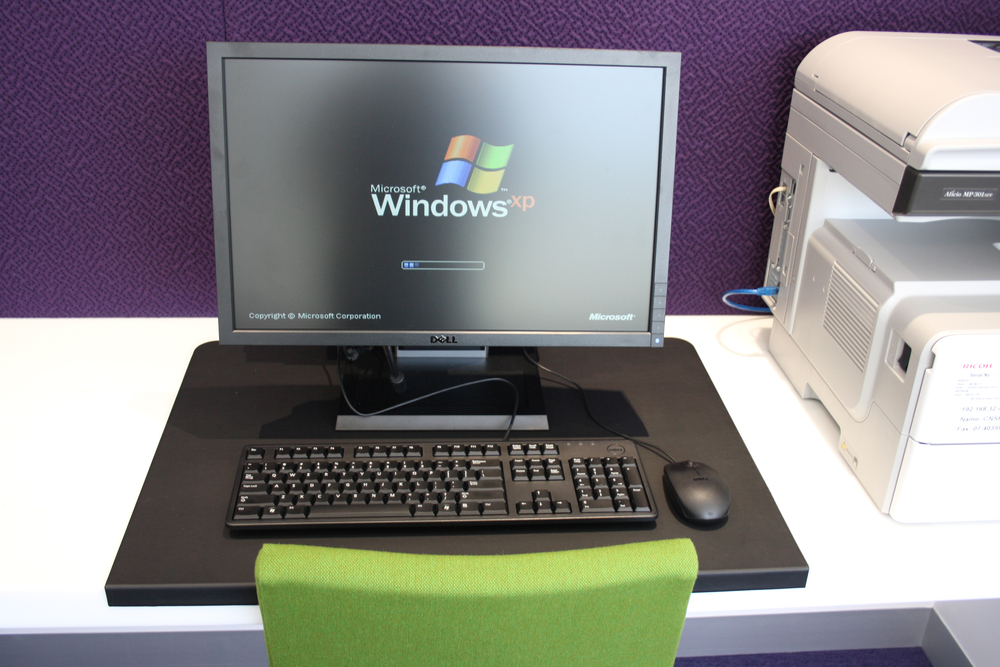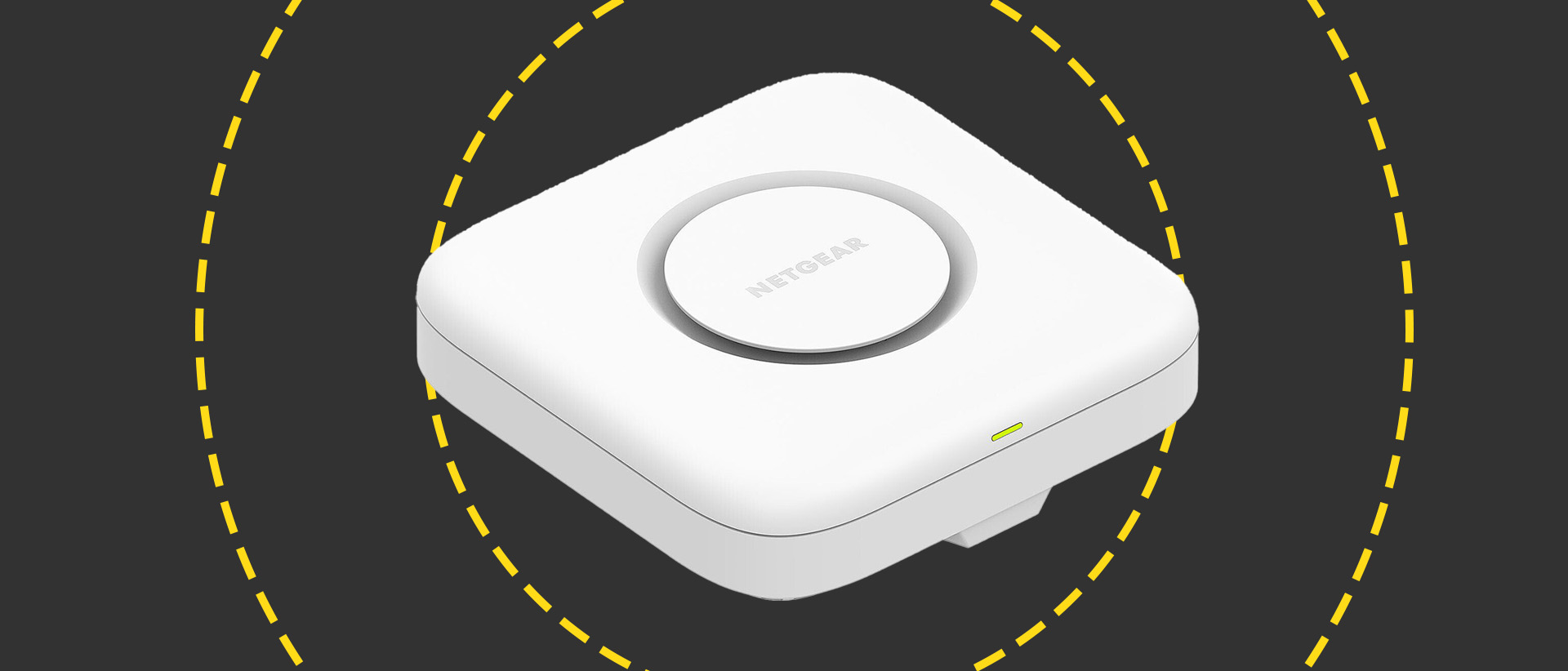"Concerning" number of businesses still reliant on Windows 7, XP
Kaspersky warns the cost of a security incident is likely to be substantially higher than the cost of an upgrade


A "concerning" number of businesses are still reliant on old and unsupported operating systems, according to research.
Cyber security firm Kaspersky found that 48% of small and medium-sized businesses (SMBs), and enterprises are still using the likes of Windows XP and Windows 7, despite newer versions being available.
What's more, around 41% of consumers still use desktop operating systems like Windows XP or Windows 7.
This reliance is creating a security risk, according to Kaspersky.
"Statistics show that a significant share of users, both businesses and individuals, still use workstations running an outdated or approaching end of lifecycle OS," said Alexey Pankratov, enterprise solutions manager, Kaspersky.
Windows 8.1 review What to do if you're still running Windows 7 Focus on... Windows 7
"The widespread use of Windows 7 is concerning, as there is less than six months to go until this version becomes unsupported. The reasons behind this lag vary depending on the software in place, which may be unable to run on the newest OS versions, to economic reasons and even just down to habit."
The company warned that the cost of dealing with potential security issues may substantially outweigh any costs associated with upgrading a system.
Get the ITPro daily newsletter
Sign up today and you will receive a free copy of our Future Focus 2025 report - the leading guidance on AI, cybersecurity and other IT challenges as per 700+ senior executives
Looking at the specific versions of outdated OS used, the instal base for Windows 7 and Windows 10 is the same across SMBs and large businesses, at 47% usage.
The good news is that just 2% of consumers and 1% of small businesses rely on Windows XP, and only a fraction of consumers (0.3%) and small businesses (0.2%) still prefer Windows Vista, for which mainstream support ended seven years ago.
A further 5% are still using Windows 8.1, however, some businesses failed to take advantage of the free upgrade cycle and continue to use Windows 8, which hasn't had mainstream support from Microsoft since January 2016.
Following a risk assessment of OS use within across its instal base, Kaspersky found that four out of 10 consumers still use obsolete systems, including Windows XP and Vista, security patches for which ended in 2014 and 2017 respectively.
Research by Net Applications also recently revealed that 36% of desktop computers are still using Windows 7, despite mainstream support ending in 2015, with extended support, which includes security patches, ending in January 2020.
Bobby Hellard is ITPro's Reviews Editor and has worked on CloudPro and ChannelPro since 2018. In his time at ITPro, Bobby has covered stories for all the major technology companies, such as Apple, Microsoft, Amazon and Facebook, and regularly attends industry-leading events such as AWS Re:Invent and Google Cloud Next.
Bobby mainly covers hardware reviews, but you will also recognize him as the face of many of our video reviews of laptops and smartphones.
-
 The UK government wants quantum technology out of the lab and in the hands of enterprises
The UK government wants quantum technology out of the lab and in the hands of enterprisesNews The UK government has unveiled plans to invest £121 million in quantum computing projects in an effort to drive real-world applications and adoption rates.
By Emma Woollacott Published
-
 Netgear WBE710 review
Netgear WBE710 reviewReviews The compact WBE710 delivers great cloud management features and a good turn of Wi-Fi 7 speed – but it does have a premium price tag
By Dave Mitchell Published